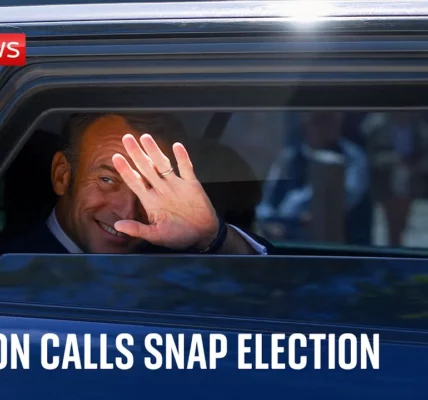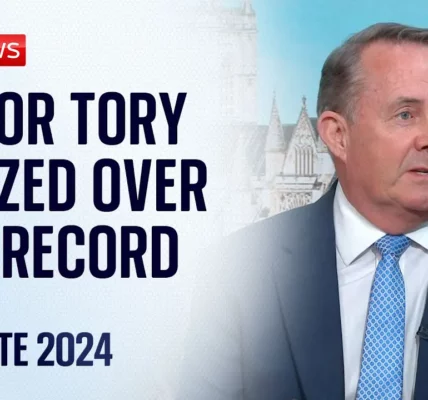Green Party’s Strategy for Winning Key Seats in Upcoming Elections

The Green Party is gearing up for the upcoming elections with a focused strategy on winning specific parliamentary seats. This article delves into their plans, candidate selections, and proposed funding policies that aim to address critical national issues such as climate change and public service funding.
Introduction
The Green Party is increasingly positioning itself as a significant player in UK politics, especially in the context of the upcoming elections. With a strategic focus on securing four key parliamentary seats, the party is not only aiming for representation but also seeking to influence broader political discourse. This article explores the party’s approach to campaigning, the candidates involved, and the pressing issues they aim to address through their electoral success.
Target Parliamentary Seats
The Green Party has identified four key constituencies where they believe they have a strong chance of winning seats in the upcoming elections. These areas include:
- Brighton Pavilion: This constituency has been a stronghold for the Green Party, thanks to the excellent work of local MP Caroline Lucas. The party is confident with their candidate, Sha Barry, aiming to continue the legacy of effective representation.
- Bristol Central: Another strong candidate, Carlaa, is positioned to capture this seat, with local support indicating a favorable outcome for the Greens.
- Wy Valley: Located on the North Suuk border, this area presents an opportunity for the Green Party to challenge conservative dominance, especially given the weak campaigning from labor and liberal Democrats.
- North Harage: Former MEP Ellie CHS is the candidate here, and her previous public service is expected to resonate well with voters.
Campaign Strategy and Local Support
In the run-up to the elections, the Green Party is focusing on grassroots campaigning, capitalizing on local support in these identified constituencies. Their strategy involves:
- Engaging with the Community: The party is emphasizing direct engagement with voters to understand their needs and concerns.
- Highlighting Local Issues: Each candidate is tailoring their campaign to address local issues, thus resonating more with their constituents.
- Building Alliances: The Greens are also looking to build alliances with other local organizations and groups that share similar values and goals.
By focusing on these strategies, the Green Party aims to present itself as the primary alternative to the current political establishment, particularly against the backdrop of a labor party that they claim is not effectively addressing urgent issues like climate change.
Addressing Climate Change and Public Services
The Green Party has a strong commitment to environmental issues. Their platform includes ambitious proposals aimed at combating climate change while also addressing the critical state of public services in the UK:
Financial Proposals
One of the key aspects of their campaign is the proposal for increased funding through a revamped tax system. This involves:
- Carbon Tax: A proposed carbon tax starting at £120 per ton, increasing to £500 per ton over ten years, aimed at reducing carbon emissions and generating revenue for public services.
- Progressive Taxation: The party plans to ask wealthier individuals, particularly those with over £10 million in assets, to contribute more towards funding necessary public services.
Public Service Commitment
With rising concerns over NHS and social care funding, the Green Party is vocal about its commitment to ensuring that adequate resources are allocated to these crucial services. They argue that without a diverse array of voices in parliament, significant changes may not be realized.
The Role of Green MPs in the Political Landscape
As discussions unfold about the potential impact of the Green Party gaining seats in parliament, there are critical questions about their actual influence. While some skeptics argue that a few additional MPs may not drastically change government policy, the Green Party contends that:
- Diversity of Voices: Having Green MPs in Parliament would ensure that environmental issues are regularly addressed in political discussions.
- Accountability: The presence of Green MPs would hold larger parties accountable for their environmental policies and funding decisions.
These arguments reflect a broader strategy of promoting environmental accountability at the highest levels of government.
Conclusion
In conclusion, the Green Party’s focused strategy for the upcoming elections reveals their commitment to environmental issues, local representation, and a progressive tax system aimed at funding essential public services. As they strive for key parliamentary seats, the party emphasizes the need for a diverse political landscape that prioritizes climate change and accountability. For voters looking for a change, the Green Party presents a compelling option. If you want to learn more about their policies or support their campaign, visit their official website for more information.
“`




